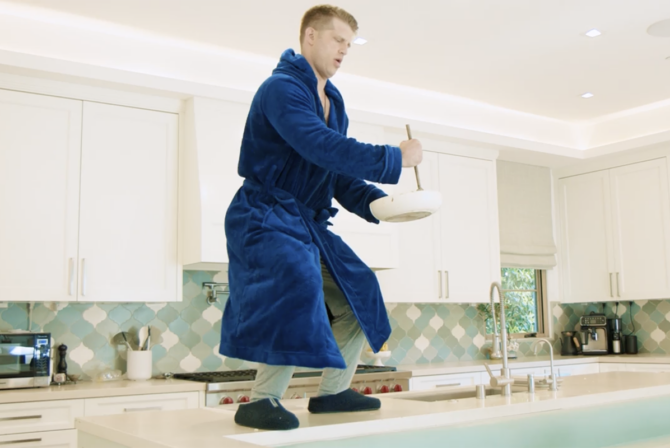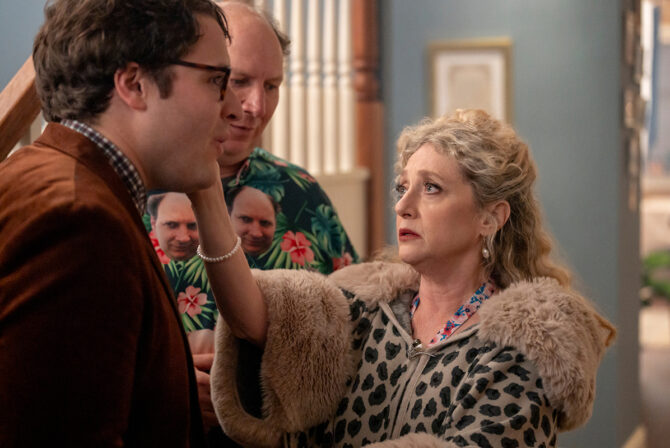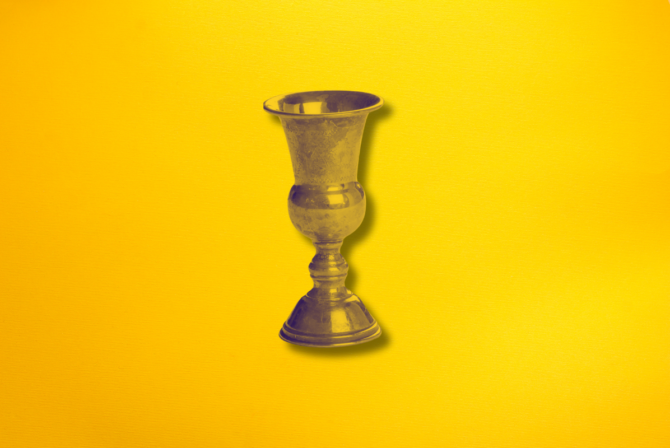I didn’t realize that I was black until I was told so.
It was during a grade school outing that I realized the complexities of race and race tension in the world. I was at a high school football game holding the hand of my 7th grade boyfriend when a group of mostly black older boys surrounded us. They told me that a black girl had no business holding a white boy’s hand and before I knew it the mass of boys engulfed my pre-pubescent boyfriend. Thankfully, the fight was broken up by another classmate and my boyfriend was found hiding in some bushes, bruised.
On the ride from the game to the pizza party, the car was silent. A friend’s mother looked back at me through the rear-view mirror, an eyebrow raised. My boyfriend didn’t hold my hand. We got to the Pizza Hut and the jukebox played loudly, too loudly in the almost silent room. My classmates looked at me when we came in, looked at the bruised boys and back to me. I’d done this.
I was the only black kid in my class from 6th-8th grade and it wasn’t until that outing my 8th grade year that I felt any different from them.
Obviously I knew I was black. My parents are black, my sister is black, my family is black, but it wasn’t something we talked about. My parents instilled in me the knowledge that everything was within my reach. They didn’t tell me that I needed to try harder or be better because of my race; rather, they let me know that my race and what I looked like shouldn’t play a role in who I could become. Once a year, during Black History Month, the knowledge of who I was as a black person would creep in–kids would look at me sideways when we talked about Dr. King in class and I would come home to ask my mom about growing up in the south. It was these interactions that shaped who I am as a black woman. It was my parent’s insistence that I could do and be anything I set my mind to that I became the woman I am today. When I applied for college I rarely checked the African American box, which may have been a stupid move that cost me extra scholarship money, but I wanted to know that I got into school on my merits, not my race.
As a convert to Judaism and a black woman I’m often thrown back to my 8th grade year at that game. Except, it’s not an angry mass of boys who remind me that I’m black, it’s children. The first time I encountered a child who mistook me for the help I was shocked. I’d arrived to my conversion class early and waited outside the room for class to start. A Hebrew class was taking place and a child about 8 years old looked up and saw me sitting on the couch reading my book. “Someone’s babysitter is here,” he said. A few more kids looked up from their books at me and looked back to their work. Nothing in their eyes made me anything other than the help. I’d like to say that this was an isolated incident, but it’s not, which makes me wonder how or if white Jewish parents talk to their children about race.
I know when we have children, my partner and I will talk openly about race. Having parents of different ethnicities, these discussions will be inevitable. In homes across New York and Brooklyn busy moms use nannies and babysitters to help care for their children; these workers are often people of color and, perhaps, the only time children interact with people of color. It has an almost backward, 1950s feel to it and I can’t help but wonder–if people of color are only seen as the help to these children, how can Jews of Color be seen as Jews?
So I turn to you, Kveller readers, for guidance. Have you had discussions about race with your children? If so, what did that look like? If you have not, why?
For more on this delicate subject, read why all Jews don’t look like Barbra Streisand, when to hide your race and religion, and one little girl’s black/Jewish hair.







